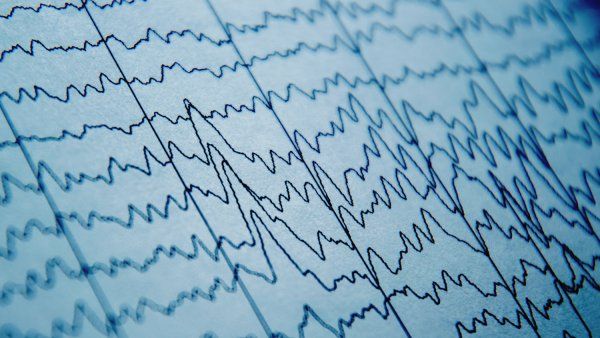Exploring Emotion and Music in Dyslexia
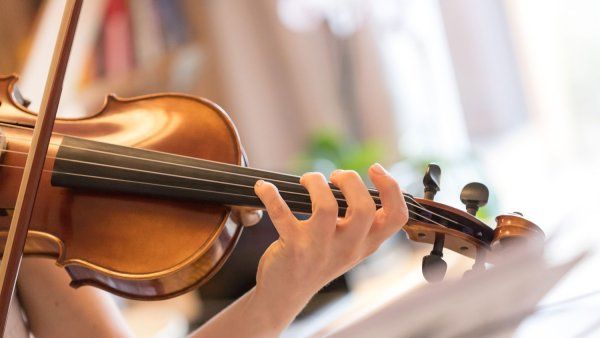
University of California San Francisco
Give to UCSF
UCSF researchers have partnered with local government agencies on an ongoing project that is installing hydration stations in low-income communities in San Francisco, parts of the city where conditions like diabetes, obesity, and heart disease disproportionately affect minority populations.
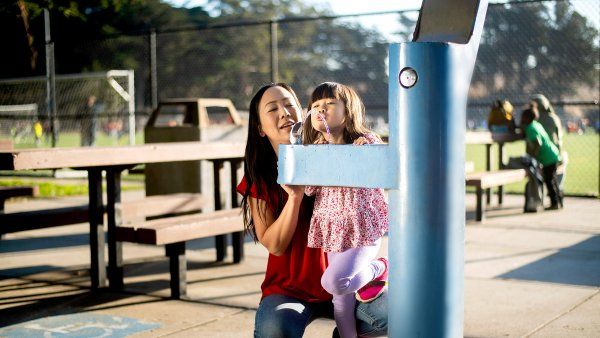
Nadine Burke Harris spoke at UCSF for the annual Chancellor’s Health Policy Lecture.
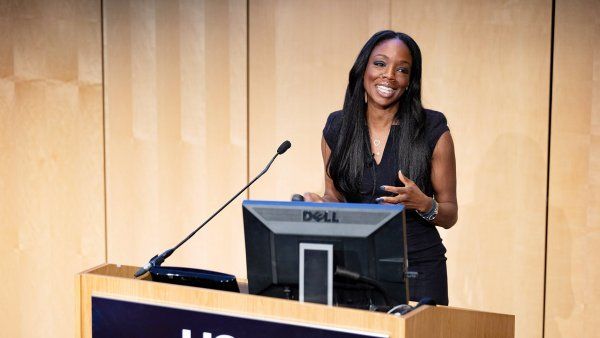
UCSF infectious disease expert Charles Chiu, MD, PhD, has been following the disease since its outbreak and provided the latest updates on what science has revealed about how the coronavirus is transmitted, what happens to someone who’s infected, and why a single diagnostic test may not be enough.
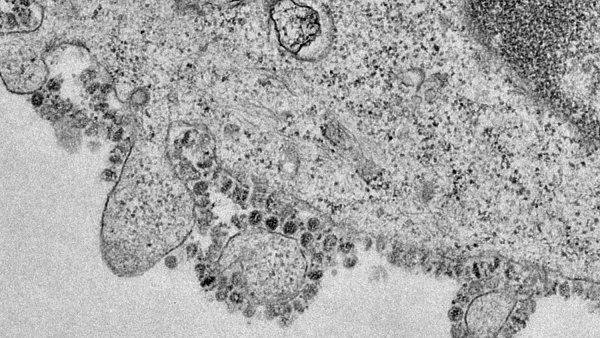
The study also identified 12 other FDA-approved drugs that are deemed safe in pregnancy.

Researchers screened a massive library of over 150 million virtual molecules and discovered the first drugs that selectively target one of two mammalian melatonin receptors that modulate sleep-wake cycles.

The researchers uncovered efforts to sell to minorities by drawing from corporate papers such as memos, financial reports and company newsletters that are housed in the UCSF Truth Tobacco Industry Documents Library.

For a conditioned response to become long-lasting requires brain cells to increase amounts of an insulating material called myelin, which may serve to reinforce and stabilize newly formed neural connections.
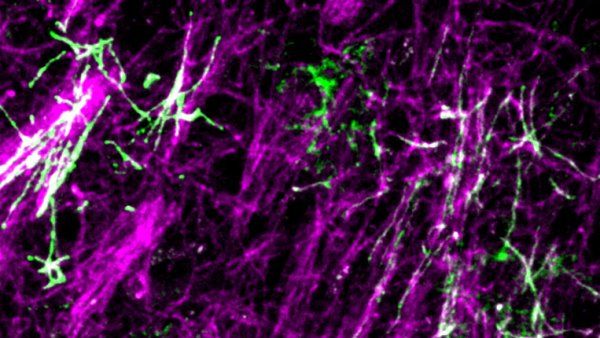
The Cancer Center, which opened Feb. 3, 2020, is located in the jointly operated Berkeley Outpatient Center.
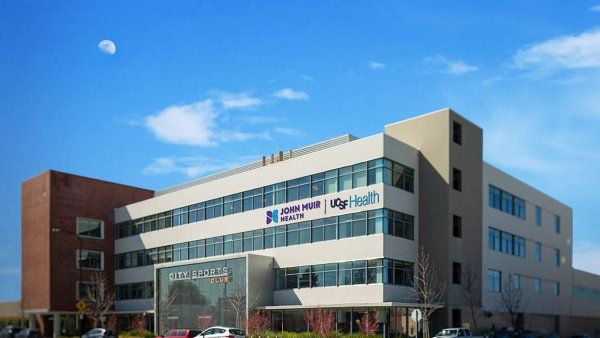
Survival may more than double for adults with glioblastoma, if neurosurgeons remove the surrounding tissue as aggressively as they remove the cancerous core of the tumor.
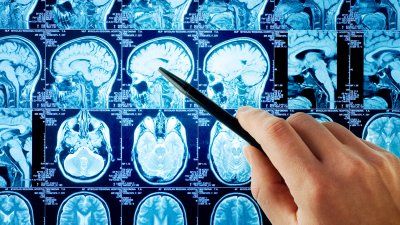
UCSF, which specializes in the care of patients with complex illnesses, including infectious diseases like the novel coronavirus, also treated patients during past epidemics, such as SARS in 2003.

UCSF researchers are working on deep-brain stimulation technology that can be customized to the patient’s brain make up and their own brain’s feedback.
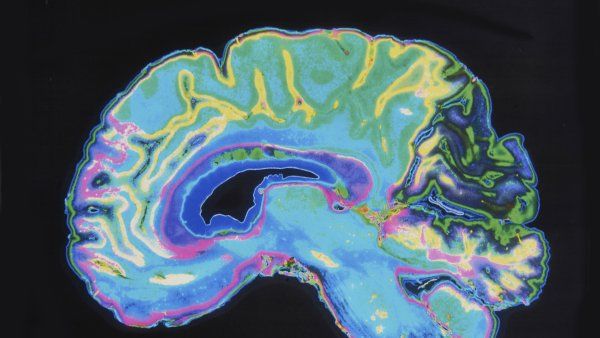
Serving the UCSF research community, RAP is a campus-wide program that facilitates intramural research funding opportunities offering basic, clinical and translational science research types of grant mechanisms.

To address a shortage in mental health providers, UCSF, in close collaboration with UC Davis and UCLA, is preparing to launch an online training program for psychiatric-mental health nurse practitioners, which aims to train 300 new mental health providers throughout the state by 2025.
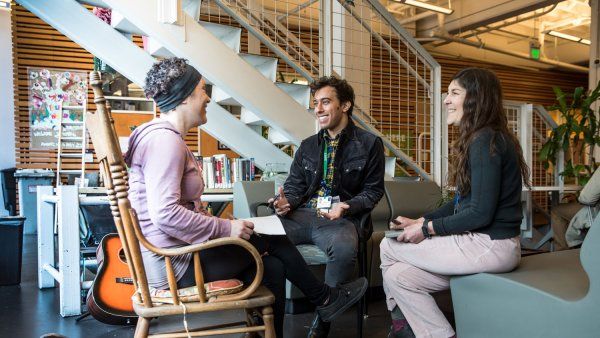
Understanding the biological differences that drive distinct symptoms of Alzheimer’s disease could lead to more personalized patient care and potentially therapies targeted to patients’ individual needs.
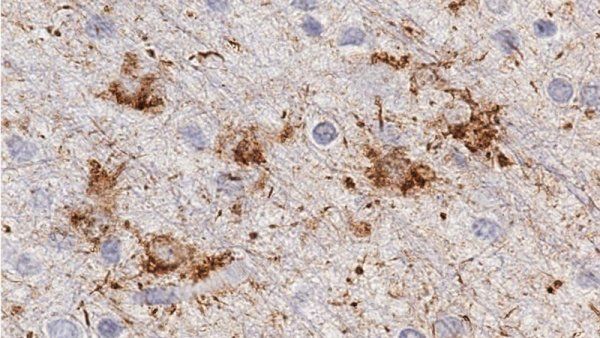
Leaders in dementia from Latin America joined community members from the Global Brain Health Institute, Alzheimer’s Association, the Tau Consortium, the National Institute of Health (NIH) and more at UCSF Mission Bay for the US-Latin American Networking on Dementia Symposium. Cohosted by GBHI and the UCSF Memory and Aging Center.
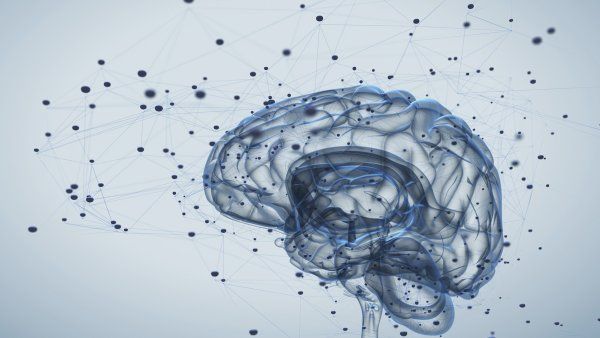
In a study of rats navigating a simple maze, neuroscientists at UCSF have discovered how the brain may generate such imagined future scenarios. The work provides a new grounding for understanding not only how the brain makes decisions but also how imagination works more broadly, the researchers say.
